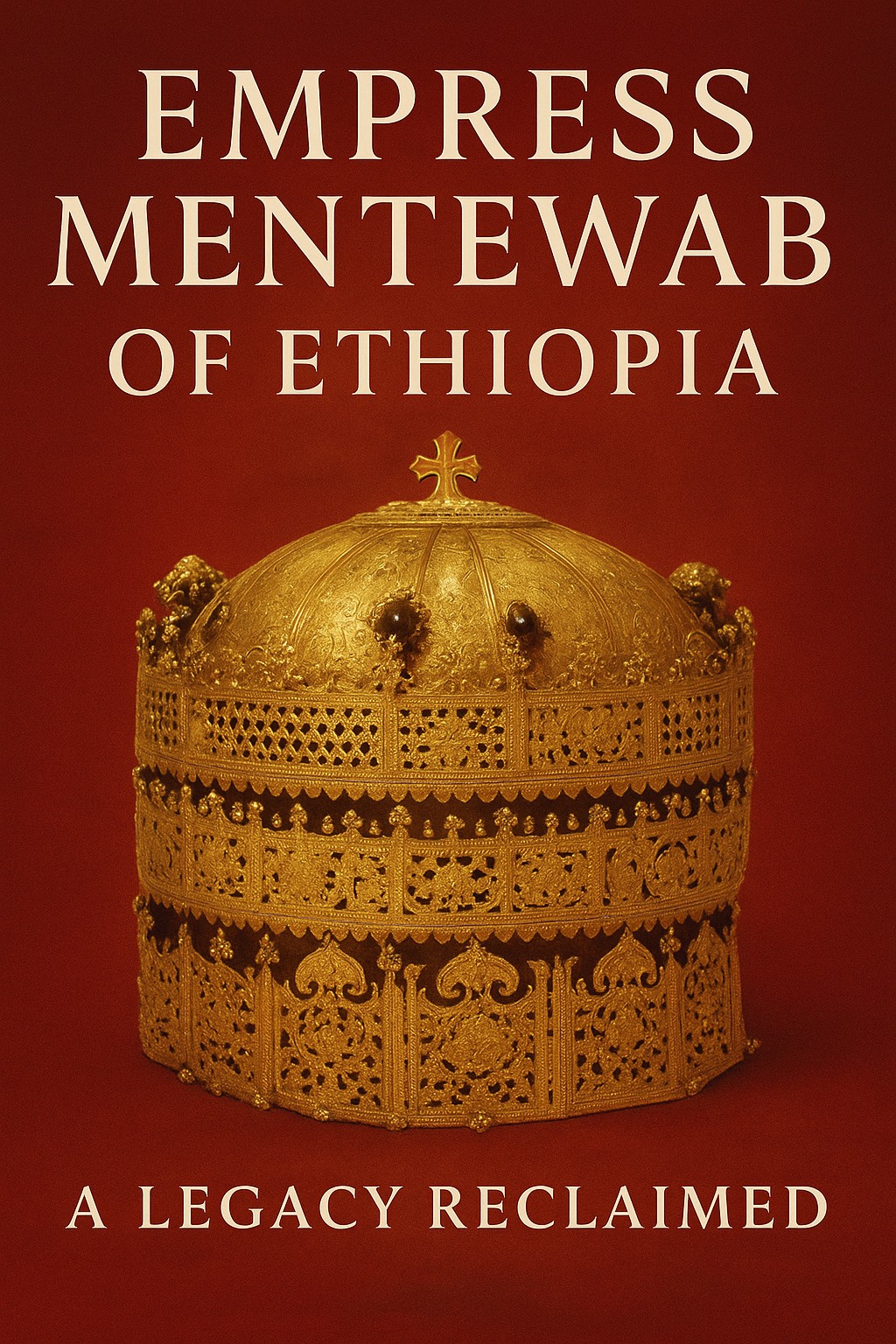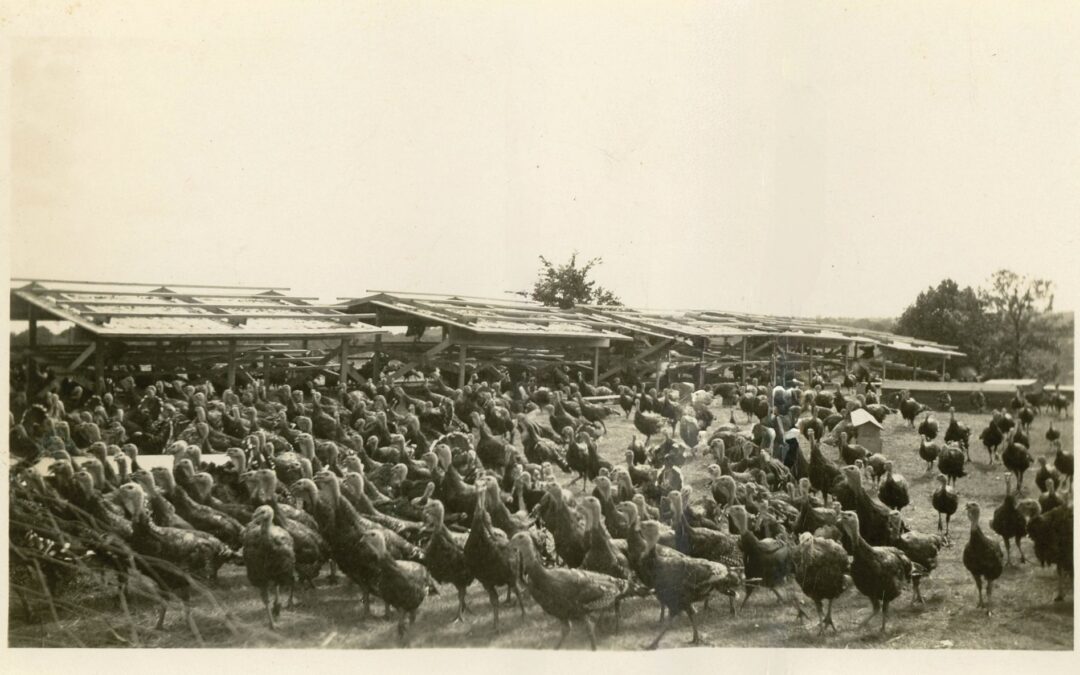
Empress Mentewab of Ethiopia: A Legacy Reclaimed shares the journey of Ethiopia’s first empress.
Ephrata Woldeamanuel, a sophomore at Armstrong High School, is set to publish her historical novel, Empress Mentewab of Ethiopia: A Legacy Reclaimed, in early September. Ephrata was born in Ethiopia where she lived until the age of 6 when she moved to the U.S. Once here, Ephrata discovered her love of writing and historical fiction, which prompted her to embark upon her journey with this book.
The novel follows the story of Empress Mentewab and her journey as the first female leader in Ethiopia. Inspired by her heritage and community, Ephrata delivers a message about history, identity and a glimpse into the rich depth of one of Africa’s empires. The book will be self-published by Ephrata and available on Amazon Kindle Direct Publishing.
We asked Ephrata to share more about the inspiration behind her book.
For readers who may not be familiar with her, who was Empress Mentewab of Ethiopia?
Mentewab was the first empress of Ethiopia. For most of history, the people who ruled were men who were on the front line of politics and had the final say in everything. She was a really, really powerful woman and she faced a lot of backlash because there was a lot of misogyny at that time. She was one of the greatest rulers—in my opinion—because at the time that she ruled, there was [a lot] of division and chaos. She was the only leader that kept peace for as long as possible. Even now we still see a lot of long lasting effects, like tons of churches, and she helped [commission] tons of art.
Why did you choose to write about Empress Mentewab?
One of the reasons why I chose to write about her specifically was because I didn’t know about her until I tried to research more about it. We don’t know much about the history of African empires and queens and rulers. African society was structured, and it [had] empires, and there is Africa’s history pre-colonization. I felt like it was really important that we are conscious of that and could share that with this book.
How has being raised in both Ethiopia and the U.S. shaped your worldview?
Growing up in Ethiopia and the U.S. overall shaped my worldview by making me more proud of what I keep from my culture but also making me more aware of and constantly influenced by other cultures as well. One of my cool memories growing up is that whenever I would go to school, I would sing the Ethiopian national anthem. It instilled a lot of pride for my country. Growing up in Ethiopia, I learned to really love my culture. Then when I came to the U.S., I was kind of bullied because I didn’t know how people were in the U.S. or understand the language. So reading books was my way of integrating myself into the U.S. and showed how you can learn about a culture through books.
What themes or messages do you hope readers will take away from the novel?
One of the messages that I want people to take away from my book is that I want them to know more about their culture. In Minnesota, there’s a huge community of Ethiopians who have children that are born here and raised here, so they feel a lot of disconnect with their history and culture. I wanted these youth to learn more about their culture and have that same pride that I do because I grew up in Ethiopia.
How did you balance writing the book with school and other commitments?
During school, I researched about the book, and I didn’t do a lot of writing. Most of the writing happened during summer actually, and I would focus all my time [on writing] from when I woke up to when I went to sleep.
Do you have plans for future books or projects?
This book only covers half of Mentewab and who she was as an empress. The later half is so much more complicated, and it’s really cool. If I have time and the mental capacity, then I might continue her story.






















